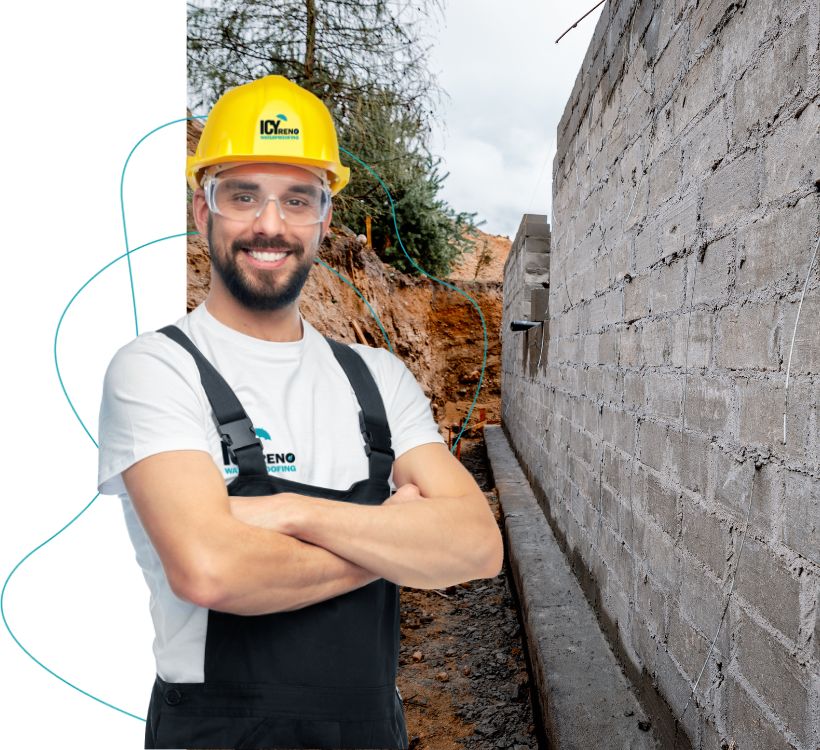BEST FOUNDATION WATERPROOFING SERVICES
Foundation Waterproofing Toronto
Your foundation is the backbone of your home, and keeping it waterproofed is essential for its longevity and your peace of mind. In Toronto, heavy rains, melting snow, and fluctuating temperatures can take a toll on your home, leading to water infiltration and structural damage. Foundation waterproofing in Toronto not only prevents these issues but also enhances your home’s value and safety.
Here’s why waterproofing your foundation is important:
- Protects against water stains, damp walls, and puddles in your basement after heavy rain.
- Prevents foundation cracks that weaken your home’s structure over time.
- Stops excess moisture that leads to mold, mildew, and musty odors, keeping your space healthy.
- Blocks the buildup of efflorescence (white, chalky stains) caused by water seepage.
- Safeguards your home’s value by avoiding costly repairs and maintaining a stable foundation.
- Provides peace of mind knowing your home is protected against leaks and long-term water damage.




